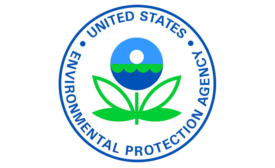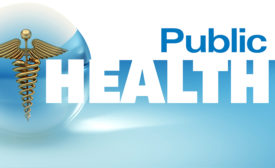Home » toxic chemicals
Articles Tagged with ''toxic chemicals''
It’s not enough to have emergency eyewash stations…
…companies must perform regular maintenance on them
August 24, 2015
After the blast: China to review safety of hazmat facilities
21 firefighters among the 114 dead; more missing
August 18, 2015
Report from Europe
Move to ID endocrine disruptors blocked by EU officials, industry lobbyists
June 10, 2015
A NIOSH Science Blog post
Cleaning for asthma-safer schools reduces asthma risk, saves money
May 26, 2015
Become a Leader in Safety Culture
Build your knowledge with ISHN, covering key safety, health and industrial hygiene news, products, and trends.
JOIN TODAYCopyright ©2024. All Rights Reserved BNP Media.
Design, CMS, Hosting & Web Development :: ePublishing







